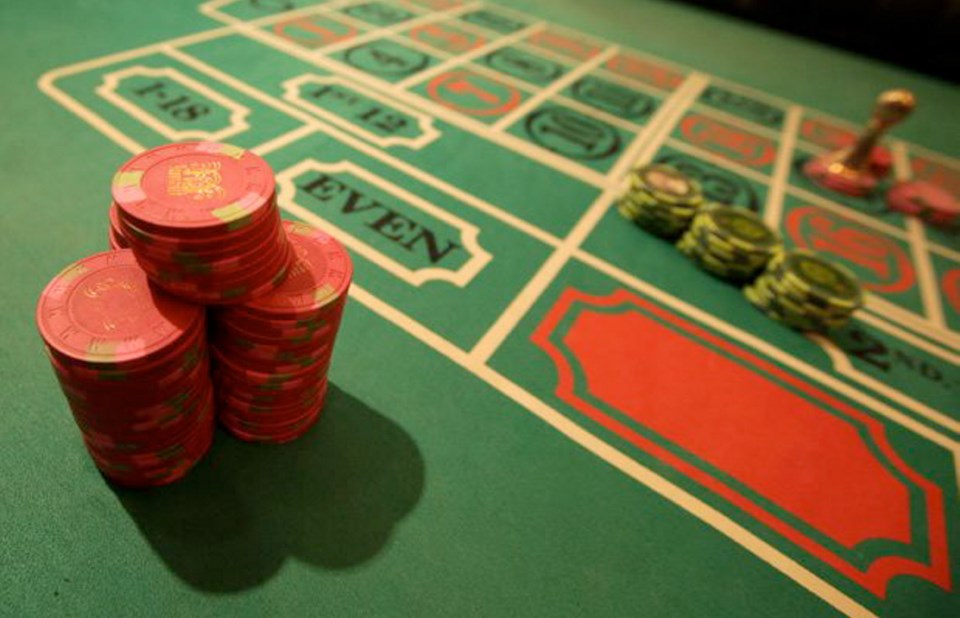An explosion of electronic and Internet gambling has doubled the number of problem gamblers in B.C. and needs to be addressed with more treatment and prevention programs, says the province’s provincial health officer.
Perry Kendall said in a report Wednesday he’s worried that the most troubled, at-risk gambling addicts are responsible for boosting gaming revenue collected by the provincial government.
“Current policies of gaming expansion are taking more from a vulnerable population … and directing these funds into general revenue, to provide products and services for those who are less vulnerable,” he said.
The number of electronic gaming machines — such as video lottery terminals and slot machines — per 100,000 British Columbians has risen 210 per cent in the last decade, while usage of lottery tickets, casinos and bingo halls declined, Kendall said.
The popular electronic machines now account for almost 56 per cent of the $2.1 billion in annual government revenue from gambling, he wrote in his report. The government also launched its PlayNow online website to meet a growing demand for Internet gambling.
Kendall said the overall number of British Columbians who gamble is dropping, yet revenues continue to rise.
The number of problem gamblers more than doubled, to 31,000 from 13,000, between 2002 and 2007, he said. “The increase in electronic gaming machines of 210 per cent is possibly linked to this increase in problem gambling,” he said.
Kendall made 17 recommendations in his report, including better training, prevention, screening and assessment of gambling addicts.
Children should be better educated on the risks of gambling through a new provincewide school program, and gambling should be formally integrated into expanded mental health and substance abuse programs, Kendall said.
The government should also place risk-warning signs on all electronic gaming machines in B.C., as well as reduce access to alcohol and ATM machines inside gambling facilities, he said.
B.C. spends the lowest amount per capita on problem gambling in Canada — less than half the provincial average — and there’s evidence that only a fraction of the people who need help are getting it, Kendall said.
The Opposition NDP praised the report and said the government is ignoring those hurt by gambling addictions.
“We seem to be pretty comfortable to take an awful lot of money as a revenue stream, without paying a lot of attention to the people we’re taking it from who need our help,” said critic Shane Simpson.
The Liberal government said gaming revenue helps pay for services such as health care and education, and was also used for $135 million in grants to charities and non-profit groups in the last fiscal year.
The government will spend $11 million this year on responsible-gambling programs, but wants to review how those programs work before expanding services, Finance Minister Mike de Jong said in a statement.



